For many South Africans, immigrating to a new country is a life-altering experience that weaves together a delicate tapestry of emotions and involves navigating complex bureaucratic processes. For these individuals, it is crucial to ensure that all documents are accurate, verified, and legally recognised. Notarisation is one essential process that can help achieve this.
If you are applying for a visa, permanent residency or citizenship, having your immigration documents notarised ensures that they meet the necessary legal requirements. Notarisation verifies the authenticity and legality of your South African documents, providing the trust and credibility that is essential in legal matters.
This guide will explore why document notarisation is important for immigration purposes, which documents typically require notarisation and how to avoid common pitfalls when notarising documents for international use.
Understanding Notarisation

Before we look at the specifics of notarising immigration documents, it is important to understand what notarisation involves in South Africa. Notarisation is a formal process carried out by a notary public, who is an authorised legal professional responsible for verifying and certifying documents, signatures and identities. Notaries act as impartial witnesses, providing a layer of legal authenticity that ensures documents can be trusted by institutions and authorities abroad.
Why is the notarisation of immigration documents important in South Africa?
Immigration authorities often require notarised documents to verify their authenticity and prevent fraud. Here are some of the main reasons why it is important in immigration processes in South Africa:
- Authenticity and Credibility
Notarisation is essential in immigration proceedings because it lends authenticity and credibility to documents. Immigration authorities require high levels of certainty that the submitted documents are genuine and that the information they contain is accurate. Notarisation acts as a deterrent to fraud and guarantees the trustworthiness of the documents.
- Legal Compliance
Some immigration applications require notarised documents, including sworn statements, letters of support and translated documents. Without notarisation by a public notary, these documents will not be compliant or legally accepted. Failure to provide notarised documents can result in delays, rejections or even legal penalties. Properly notarising your documents helps to streamline the process and ensures that you meet all legal obligations.
- Preventing Fraud
The notarisation process involves verifying the identity of those signing and ensuring they understand the documents they are signing. This step is crucial in preventing identity theft and fraud, both of which are significant concerns in immigration matters. Notarisation provides an extra layer of security, safeguarding both applicants and the authorities against fraudulent activities.
- Facilitating International Acceptance
In many cases, immigration documents need to be recognised and accepted by the relevant authorities in different countries. Notarised documents carry a level of formal recognition that makes them more likely to be accepted by international bodies. This is particularly important in cases involving cross-border adoptions, visas and other international immigration processes.
Common immigration documents that may require notarisation

While not all immigration documents require notarisation, certain key documents often do. These may include:
- Affidavits
Affidavits are sworn statements made under oath and are often used to support immigration applications. These statements may be provided by family members, employers or other individuals who can attest to the applicant’s circumstances. Notarising affidavits makes them legally binding and more credible.
- Power of Attorney
A power of attorney gives someone the legal authority to act on another person’s behalf in certain situations. In immigration cases, for example, it may be used if the applicant is unable to attend appointments or handle certain aspects of their case personally. To ensure its validity, a notarised power of attorney is essential.
- Parental Consent Forms
For minors travelling internationally without both parents, notarised parental consent forms are often required. These forms provide proof that the absent parent or guardian consents to the travel and help to prevent issues such as parental abduction.
- Translation Certifications
If immigration documents are not written in the receiving country’s official language, they must be translated. A notarised certification of the translation attests to its accuracy and completeness, providing assurance to the immigration authorities.
- Application Forms and Supporting Documents
Some application forms and supporting documents, such as birth and marriage certificates and educational transcripts, may require notarisation to confirm their authenticity.
Adding the Crucial high court Apostille
Once your immigration document has been notarised, the next step is to obtain an apostille. This important certification confirms to foreign authorities that the notary’s credentials are legitimate and that the notarisation is valid.
The apostille process can be complex, with different requirements depending on the state of issue and the receiving country. In South Africa, for instance, you will need to submit your notarised document to the High Court for apostille certification. If you’re not familiar with the process, this can be time-consuming.
This is where professional apostille services can be invaluable for busy individuals. Companies such as Global Apostille can handle the entire process for you, from preparing and submitting your documents to retrieving them. This saves you valuable time and ensures your documents are processed correctly the first time.
Avoiding Common Pitfalls in Notarisation of immigration Documents in South Africa
Even seemingly minor errors can cause major problems when it comes to notarising immigration documents in South Africa. Here are some common mistakes to watch out for :
- Using the wrong type of notarisation for your document.
- Failing to include all the required signatures or attachments.
- Not meeting country-specific format or language requirements.
- Submitting documents to the wrong authority for apostille certification.
Such errors can result in documents being rejected, immigration application being delayed, and legal complications further down the line. By working with experienced notary and apostille professionals, you can avoid these potential pitfalls and ensure that your international contracts are properly authenticated from the outset.
FAQS
- Can I certify my own immigration documents at the police station?
No, you cannot notarize your own immigration documents at the police station. In South Africa, only a notary public—a qualified attorney who has passed the notarial practice examination and is appointed by the High Court—can notarise documents.
- Who can notarise documents in South Africa?
In South Africa, only a notary public—a qualified attorney who has passed the notarial practice examination and is appointed by the High Court—can notarise documents. They are authorised to authenticate documents for both domestic and international use.
- How long does the notarisation process take?
It usually takes only a few minutes, but may take longer if multiple documents need to be notarised or if there are any issues with them.
- How do you legalise documents?
Document authentication involves several steps:
- Notarisation: A notary public verifies and certifies the document.
- High court authentication: The notarised document is authenticated by the Registrar of the High Court.
- DIRCO legalisation: For countries not part of the Hague Convention, DIRCO further legalises the document.
- Embassy/consulate authentication: The destination counrty’s embassy or consulate may perform final authentication.
The specific steps depend on the requirements of the destination country.
- Who can legalise documents in South Africa?
Legalisation can be performed by:
- Notaries public: For notarisation of documents.
- Registrars of the High Court: For authenticating notary public signatures.
- DIRCO: For legalising documents for international use.
- Embassies/consulates: For final authentication as required by the destination country.
Global Apostille at Your Service!
To ensure the legality of your immigration documents internationally, they must be validated with a South African apostille. At Global Apostille, we offer an express notarisation, DIRCO and High court apostille service to help you obtain your documents quicker. Our service is the fastest in Johannesburg, Pretoria, and the Gauteng area. For more information on our services please feel free to contact us. Tel: 012 348 3134| Mobile: 081 347 6060 | Email: info@apostillelegalisation.co.za













